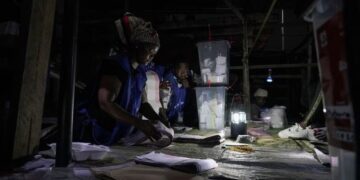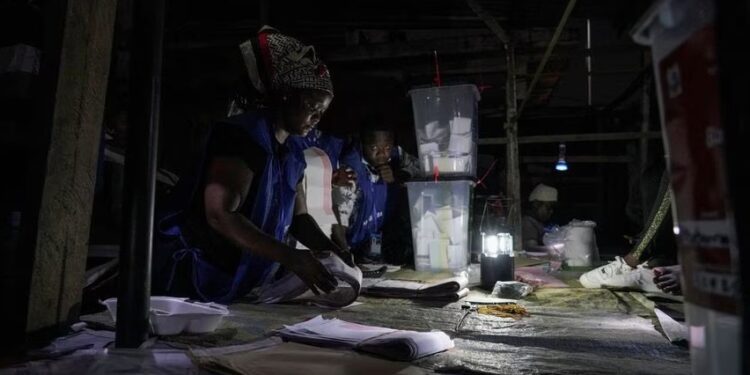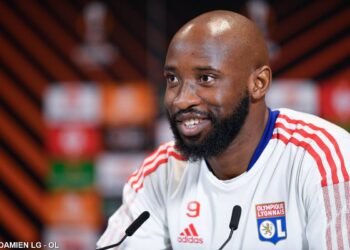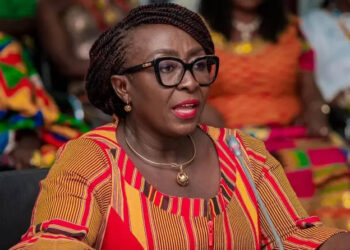By John Ikani
Counting has started in several polling stations across Liberia, marking the conclusion of the voting process.
This election sees President George Weah seeking a second term after facing corruption allegations and economic hardship during his first six years in office in Africa’s oldest independent republic.
Approximately 2.4 million eligible voters participated in this West African nation’s elections, still recovering from two devastating civil wars between 1989 and 2003 and a 2013-16 Ebola epidemic.
Election officials reported a high turnout for the polls, testing the popularity of Weah, a former soccer star who emerged from Monrovia’s slums to play for prominent global clubs. He has been grappling with the long-standing challenges of the impoverished nation.
The vote counting began after nightfall at polling stations in the capital. The commission plans to release provisional results on Wednesday and to avoid a runoff, a candidate must secure over 50% of the votes.
Fortunately, there were no major incidents, and voting proceeded calmly at various centres visited by a team of observers from the Economic Community of West African States.
However, logistical problems arose, leading to delays in some areas. Flooding in Sinoe and Rivercess counties delayed election materials, with some ballots even transported by canoes that capsized. Consequently, voting in those areas will be extended.
Despite these challenges, many consider this peaceful vote a success.
Analysts anticipate a likely runoff in this election, where Weah, 57, who was initially elected in 2017, is expected to retain power. He argues that he needs more time to fulfil his promise of rebuilding the nation’s economy, institutions, and infrastructure, including the poorly maintained roads.
Weah has faced criticism from the opposition and donor countries for not doing enough to combat corruption during his first term. In response to United States sanctions for corruption, he dismissed his chief of staff and two other senior officials last year.
Weah’s primary rival among the 19 candidates is former vice president Joseph Boakai, 78, of the Unity Party, whom he defeated in a runoff in 2017. Boakai’s campaign centers on rescuing Liberia from what he views as mismanagement by Weah’s administration.
In addition to the presidential election, voters will also choose members of the 73-seat lower house and half of the 30-member Senate.
Although campaign-related violence has been limited, sporadic clashes between rival party supporters have occurred, raising concerns from the United Nations’ rights office following two fatalities in September.
“I want peace. All our past leaders have come and failed us,” said voter Cynthia Kollie. “We have suffered too much.”



































